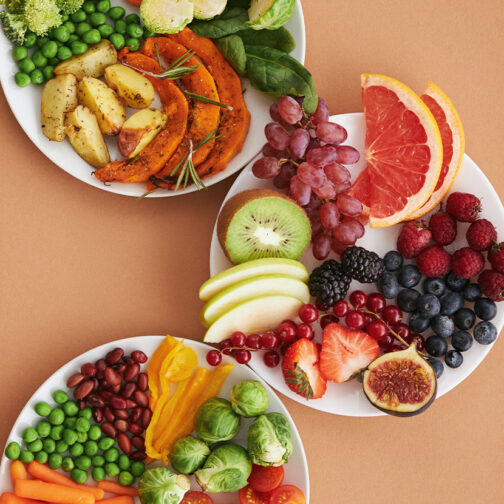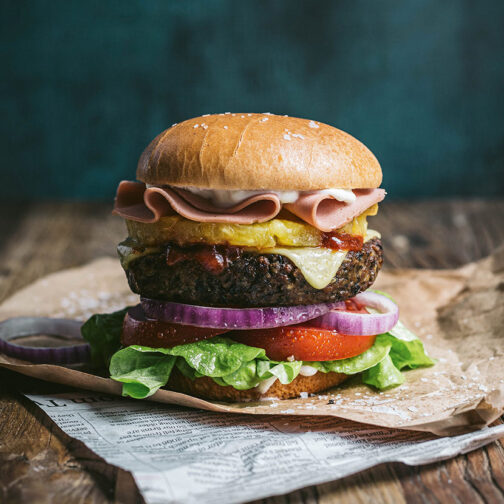
Allowing veggie foods to be labelled with traditionally ‘meaty’ names will help to promote climate-friendly diets, says food awareness organisation ProVeg International, in response to debate over the labelling of plant-based foods in Australia.
An inquiry by an Australian Senate committee issued a report in February which recommended restricting the use of ‘meaty’ names for plant-based products, reflecting concerns expressed by the meat industry that such labelling is misleading.
However, ProVeg argues that regulatory measures should encourage rather than restrict the marketing of plant-based foods since they have far less of an impact on the environment.
Helping us all make better choices
“There is consistent evidence that diets high in plant-based foods and lower in animal products are less damaging to the climate,” commented Jasmijn de Boo, Vice President of ProVeg. “Policies must encourage consumers to purchase more plant-based foods and not restrict their consumption through the restrictions on labelling that are being recommended by the Senate committee’s report.”
Professor Clive Phillips of Curtin University Sustainability Policy Institute in Perth, said there were substantial gains to be made by allowing plant-based products to carry meaty names. “Plant based products that mimic meat products offer the potential for very significant improvements in environmental impact, food security, resource utilisation, animal welfare and land available for wildlife. Allowing the manufacturers to refer to the meat products they mimic, whilst ensuring that their plant origin is clear to consumers, provides the fairest information for consumers to allow free choice.”
No confusion
New South Wales MP Emma Hurst said there was no evidence that consumers were being confused by the labelling of alternative products. “Product names guide consumers on how and where to use them. It seems to me that a push by animal agribusiness to stop alternative products using certain terms is designed to create confusion, not solve it.”
A recent survey by the UTS Institute for Sustainable Futures verified this. The research, commissioned by No Meat May and Vegan Australia, found that only 4 percent of respondents had ever purchased a plant-based product because of confusion with labels, of whom the majority had done so because they were in a hurry.
Ryan Alexander, Co-Founder of No Meat May, said it’s clear that people are actively seeking realistic alternatives to animal meats, and product labelling helps them to find what they’re looking for. “This shift in consumer behaviour is driven by informed consumers making educated choices. Australians are not stupid, and we are not being deceived or tricked into buying meat-free or meat-less alternatives.”
Encouraging a plant-based future!
Meat, dairy, fish, and egg production are among the leading causes of human-caused climate change, soil erosion, water pollution, and biodiversity loss.
“With the average Australian eating four times the maximum amount of meat that is considered sustainable, and three times the amount considered healthy, we need our Governments to show leadership and support people shifting to less meat, and not to create barriers for people trying to do the right thing,” said Mr Alexander.
A similar debate over labelling played out in Europe and ended when the European Parliament voted against restrictions on the use of meat denominations for plant-based foods.

























